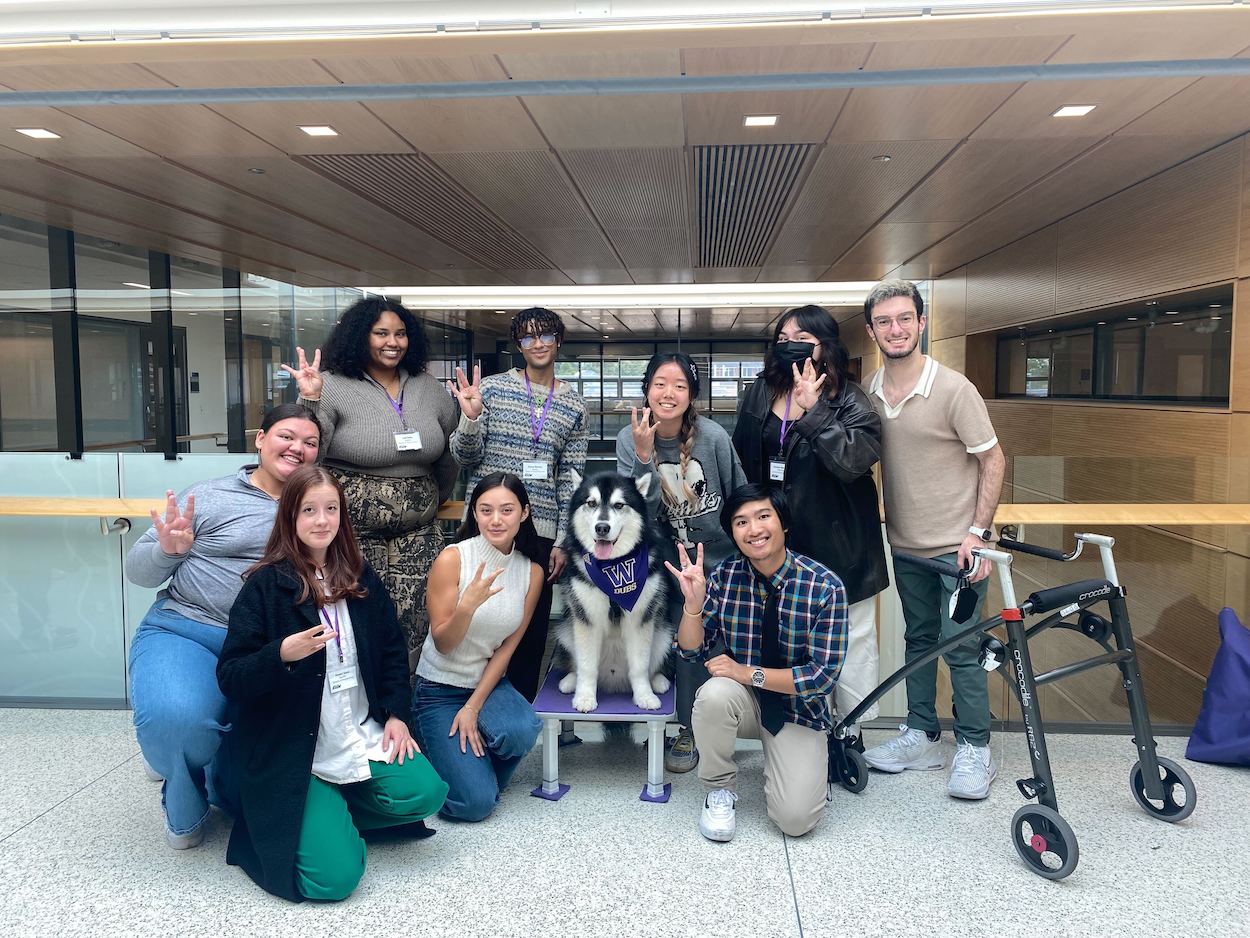UW Information Technology
UW INFORMATION TECHNOLOGY POLICY
Ethics in Computer and Network Use
All holders of a University of Washington Net ID are responsible for using computing and networking resources in an ethical and legal manner. University policy prohibits account theft, file theft, violation of informational privacy, and penetration or harm to operating systems. If abuse of computer systems occurs, those responsible for such abuse will be held legally accountable.
When you use UW computing resources, you agree to the following conditions:
- To follow the rules and regulations governing the use of UW facilities and equipment.
- To respect the privacy of others by not sending them unwanted email messages, misrepresenting them when sending email, or tampering with their accounts, files, or data.
- To use only your own user identification, to use it for its intended purposes, and not to share it with others.
- Not to attempt to break a computing system or harass other people, either by developing programs for those specific purposes or by using already existing programs to do so.
- Not to use university-owned computers for illegal purposes, such as unauthorized copying of licensed or copyrighted software, images, or files.
Email Guidelines
Your use of UW email should respect others and must not interfere with the operation of the computers and networks. Therefore, you are prohibited from the following:
- Sending email to someone who has requested that you not do so
- Creating, sending, or forwarding chain letters (messages that are forwarded many times to people who have not solicited the information)
- Flooding another system, network, or user account with email
- Obscuring the true identity of the sender of email or forging email messages
It is your responsibility to determine the purpose of an electronic mail list or news group before subscribing or sending messages to the list or group. Persons subscribing to an email list will be viewed as having solicited any material delivered by the list, as long as that material is consistent with the purpose of the list.
The following practices relating to email lists are prohibited:
- Sending to an email list any materials that are not consistent with the purpose of the list. If you send messages not relevant to the purpose of the list, you will be viewed as having sent unsolicited email.
- Continuing to send email to a list if the list owner has requested that you stop sending to the list because you are not following the guidelines or topic established for the list.
- Harvesting email addresses from another email list in order to establish your own list. If a list is closely related to a subject you would like to initiate, it is permissible to post a message to the existing group, inviting people to sub-scribe to your list.
- Harvesting email addresses from an institution’s directory or password file.
- Subscribing anyone to an email list without the individual’s permission.
Telephone Solicitation Policies
In accordance with the Telephone Consumer Act of 1991, the Federal Communications Commission (FCC) issued a cold-calling rule. The rule establishing procedures to eliminate unwanted telephone solicitations to residents and regulates the use of automatic telephone dialing systems, pre-recorded or artificial voice messages and telephone facsimile machines.
- Time-of-day restrictions – No cold calls may be made before 8 a.m. or after 9 p.m. at the called party’s location.
- Identification requirements – Persons making cold calls must provide the calling party with the name of the caller, the person or organization on whose behalf the call is being made, and a telephone number and address at which the caller may be contacted.
For more explicit and detailed information, please visit: www.washington.edu/itconnect/policy/
